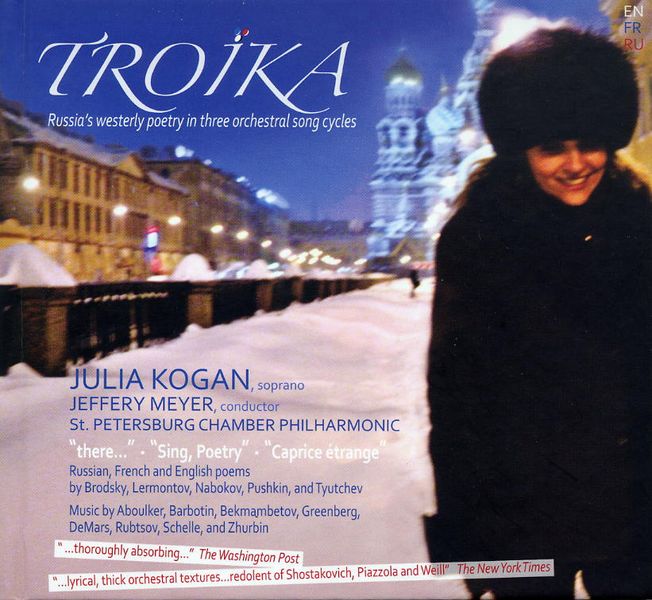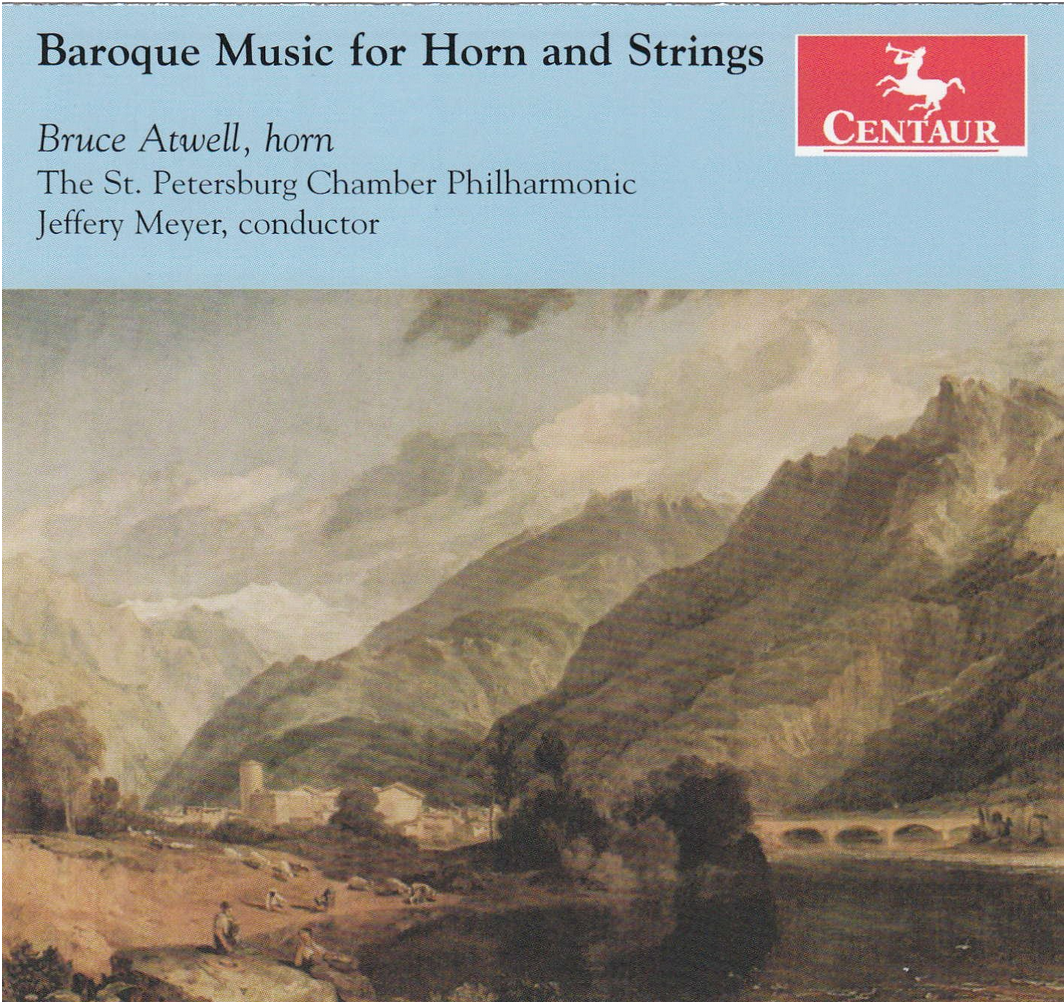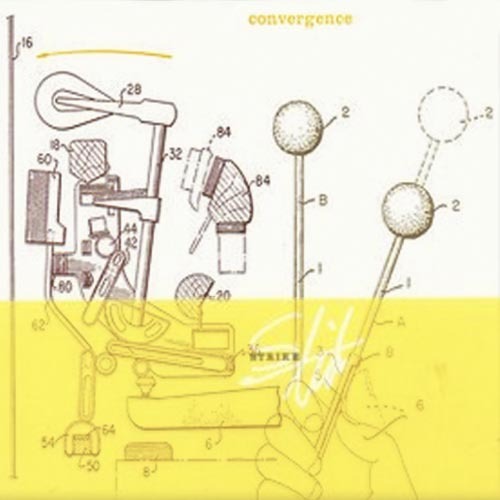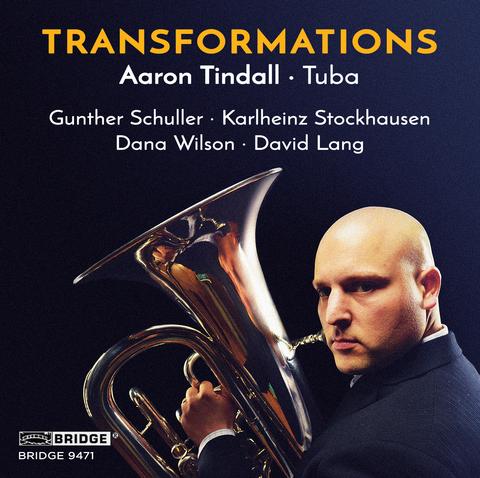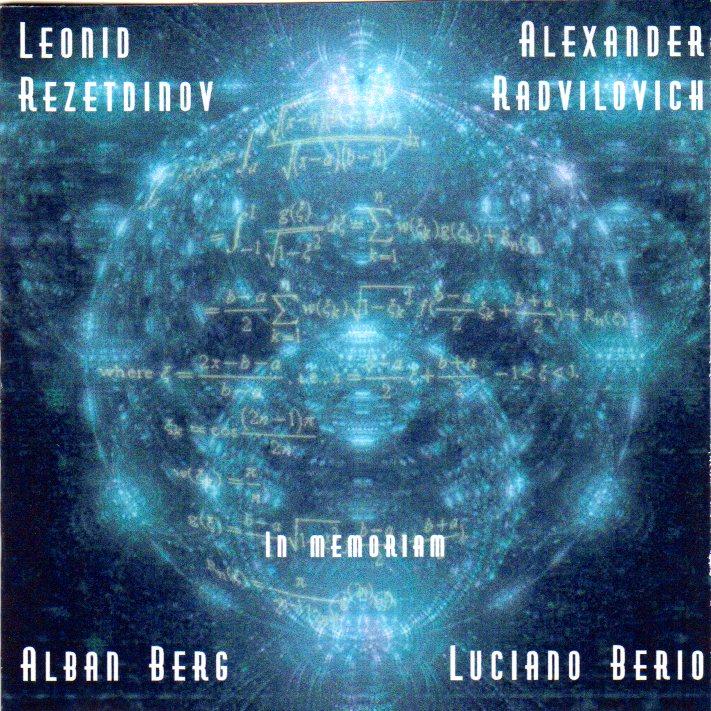
Profile
Distinguished for insightful performances, visionary programming, and wide-ranging collaborations, conductor Jeffery Meyer has captivated audiences in the contemporary orchestral scene around the globe.
He is professor of music in orchestral conducting at Indiana University Jacobs School of Music as well as Artistic Partner with the Northwest Sinfonietta, one of the Northwest United States’ most dynamic orchestras. Artistic Director of the St. Petersburg Chamber Philharmonic for two decades, his work with the orchestra was noted for its breadth and innovation. The orchestra’s American debut with three performances at Symphony Space’s Wall-to-Wall Festival in New York City were described by The New York Times as “impressive”, “powerful”, “splendid” and “blazing.” His programming has been awarded multiple prizes including three ASCAP Awards for Adventurous Programming and two Vytautas Marijosius Memorial Awards in Orchestral Programming.
A champion of contemporary orchestral music, his passion to fuse classical tradition with contemporary insight imagines the orchestral experience as a powerful medium for emotion, story, and cultural dialogue, fostering transformative collaborations with composers and performers, as well as multimedia visionaries, activists, and urban artists.. His recorded catalogue includes repertoire from the early baroque to the music of our time. His most recent album Illuminations: Music of Narong Prangcharoen was released on the Albany Records label in 2023.
Recent projects include a newly-developed multi-media performance of Stravinsky’s Rite of Spring and Petrushka with the Thailand Philharmonic Orchestra and a world premiere choreography of Petrushka in collaboration with the Jacobs School of Music Ballet Department; the world premiere of Carlos Simon’s Graffiti performed and recorded alongside internationally renowned graffiti artists; a theatrical symphonic concert focused on themes of social justice, developed in collaboration with Daniel Bernard Roumain and Marc Bamuthi Joseph; the world premiere recording of Laura Kaminsky’s Piano Concerto with pianist Ursula Oppens; a new, semi-staged production of Nkeiru Okoye’s Invitation to a Die-In; and multiple collaborations with the American Composers Orchestra’s EarShot program.
Recent and upcoming engagements include appearances with the City Chamber Orchestra of Hong Kong with soprano Dawn Upshaw, the Sichuan Symphony, Xalapa Symphony Orchestra, Orquesta Juvenil Universitaria Eduardo Mata, Texas Festival Orchestra at Round Top, and the Grossman Ensemble in Chicago.
Meyer's commitment to the innovative future of classical music positions him as a sought-after educator and mentor. His guidance extends beyond technique, diving into the philosophy and intricacies of civic leadership in today's evolving cultural scene. Prior to his appointment at the Jacobs School of Music, he led the acclaimed orchestral programs at Arizona State University and Ithaca College. He has given masterclasses throughout the United States as well as Canada and Asia and has led conducting masterclasses at the Central Conservatory in Beijing, China, Tianjin Conservatory, the Universität für Musik und Darstellende Kunst in Vienna and the Rimsky-Korsakov Conservatory in St. Petersburg, Russia.
Meyer holds degrees in piano as well as composition and completed his Doctorate of Musical Arts in Piano Performance with Gilbert Kalish at the State University of New York at Stony Brook.
Conductor, pianist, once-upon-a-time juggler, magician and gymnast, and local foods eco-enthusiast.

Recordings
THE ARTIST'S JOB is to wake up the yearning in individuals who live in a culture that is diabolically designed to squelch it everywhere. To wake up that yearning and guide it into activities and experiences that produce the satisfaction, the reward of making connections that expand their sense of the world and makes us hungry for more. The pleasure that brings them back. - Eric Booth

Artistic Philosophy
My activities as an artist center around three central ideas:
1. Creating and enabling the highest level music making from myself and those I interact with,
2. Creatively promoting meaningful artistic experience through performance, collaboration, community, and education, deepening and enriching the lives of those who come in contact with art,
3. Actively addressing historical and present day marginalization within classical music by programming diverse and representative works, fostering new compositions by underrepresented voices, collaborating with a wide-range of voices and artists, and integrating themes of social justice into the concert hall.
All orchestras of today must have at their core a mission of continuing to build an audience for classical music; we are promoting art, and a living art, at that. We have the important privilege and duty of breathing life into masterpieces both old and new written by some of the most inspired human beings that have ever walked the earth. It should be our mission to educate without preaching, to speak directly and with conviction about music’s importance in our lives, and make the point that art expands our sense of the world and our place in it. And when I say “educate”, I do not mean in the way that most remember about their least favorite classroom experiences. We must do this without being “elitist” and at the same time aspire to lift our audiences to places they couldn’t imagine before, giving them new and meaningful aesthetic experiences. We must encourage our audiences to listen actively and help them experience the emotional and spiritual pleasures of doing so. We need to reach deeply into the schools with innovative and exciting programs to put classical music within our children’s reach. We must engage the community locally and regionally. A successful organization will collaborate with museums, galleries and other cultural establishments (including bars and restaurants) to make sure they are deeply integrated in the community and ensure that its supporters could not imagine life without its presence in their lives.
In my work with various ensembles, I have created engaging cross-cultural and cross-genre experiences for audiences and musicians alike. I have performed and commissioned works for Berimbau ensemble, the Sitar and the electric guitar, combined the folk artistry of Amber Rubarth and Dave Eggar with Berio’s Folk Songs, premiered a reimagining of the Nutcracker with Troupe Vertigo and the Phoenix Symphony, created opportunities for virtuosic Chinese traditional instrumentalists to perform and meet with their Russian folk-instrumentalists counterparts, marshaled the forces of over 300 instrumentalists, singers and dances in a fully-staged production of Bernstein’s Mass, and of course, continued to champion the bedrock orchestral literature with great passion, placing many of these works in new dynamic contexts. I have collaborated with many of the world’s most important living composers and brought countless new works to life as well as fostered dozens of emerging composers. I have reached out to underserved communities providing opportunities to experience concerts that would have otherwise been out of reach and also worked with thousands of young musicians, inspiring future generations of professional artists and passionate music-lovers.
I continue to be positive and excited about the future of classical music and orchestral performance, even in the face of nearly daily news of struggling arts organizations throughout the country and the world. Themes of social justice and the ethical imperative of raising up formerly silenced or underrepresented voices have finally begun to transform repertoire choices and inform who we include on the so-called “classical” music stages. The change is happening, and I am proud to be a part of that long-needed change. I firmly believe that the orchestra itself remains one of the most extraordinary performing entities we as human beings have created. What can match such an impressive number of highly trained and passionate musicians playing some of the world’s most exciting and moving music? Today’s environment demands that we as artists and arts organizations be profoundly creative in how we promote this art form.
In the words of Eric Booth at his 2012 New England Conservatory commencement speech: “[the artist’s] job is to wake up the yearning in individuals who live in a culture that is diabolically designed to squelch it everywhere. To wake up that yearning and guide it into activities and experiences that produce the satisfaction, the reward of making connections that expand their sense of the world and makes us hungry for more. The pleasure that brings them back.”
I see today’s cultural struggles as an opportunity: an opportunity to have a hand in moving music and music making forward deep into the 21st century and to give the audience that pleasure that brings them back again and again.



